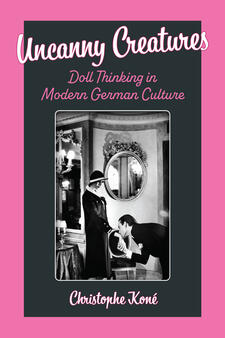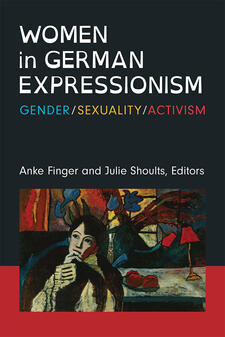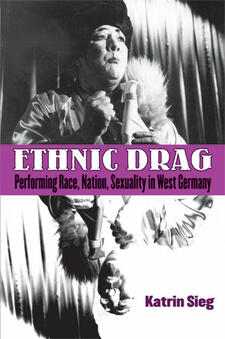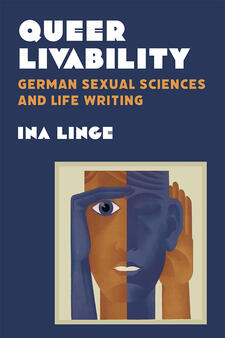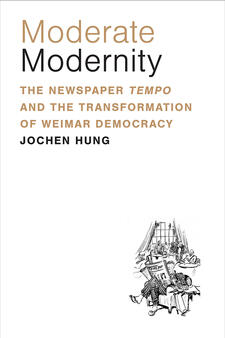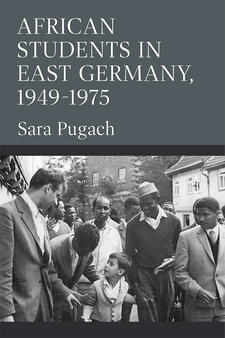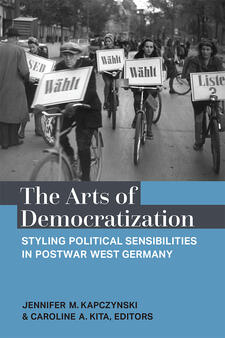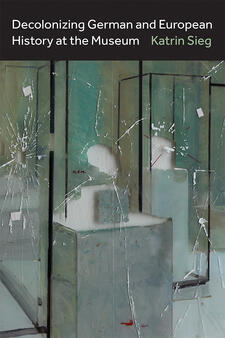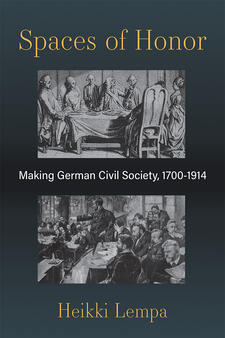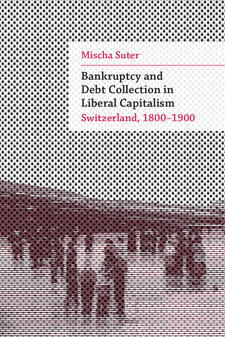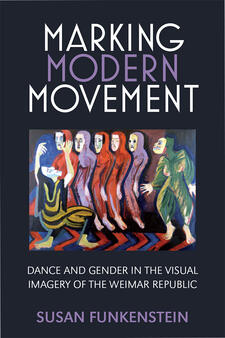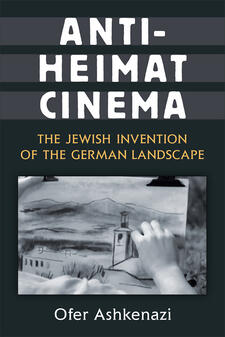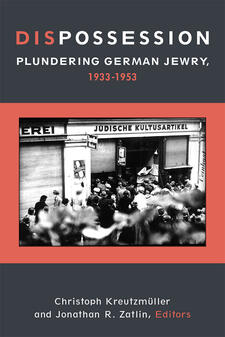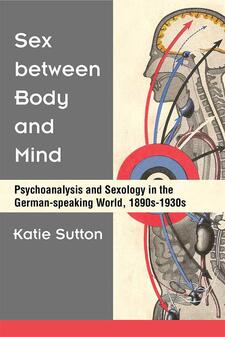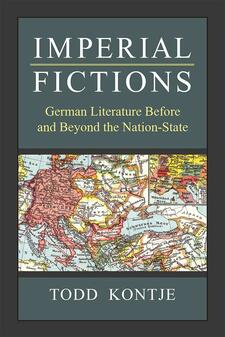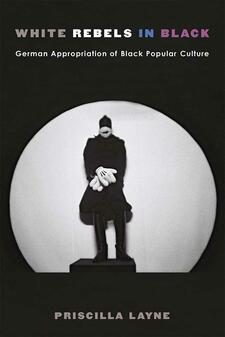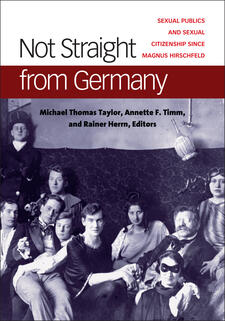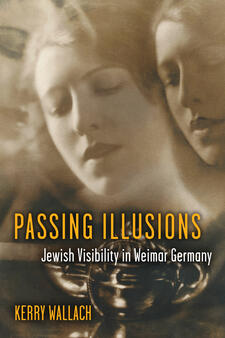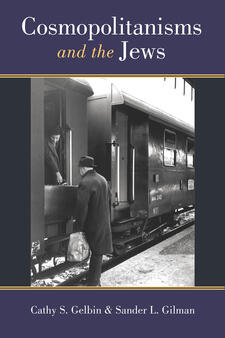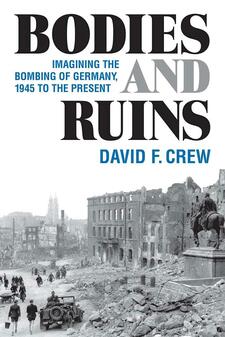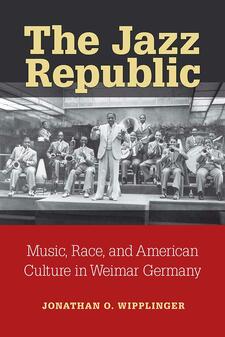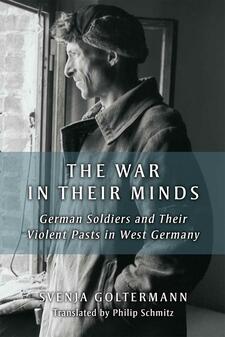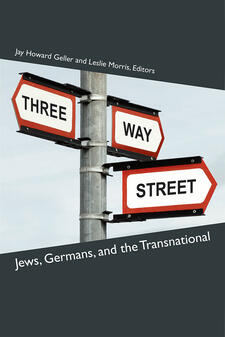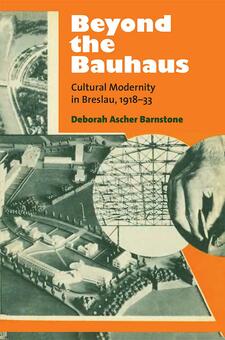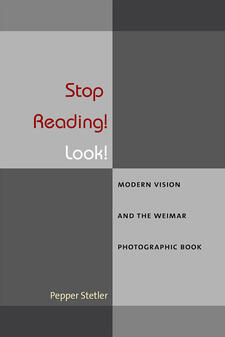Social History, Popular Culture, and Politics in Germany is a showcase for the best work in German Studies across the disciplines, drawing cutting-edge scholarship from the fields of history, cultural and literary studies, visual culture and film. It seeks to address central questions of the history of German-speaking cultures with no restrictions of period, approach, or region/locale. The series is aimed at the points of intersection of history, culture, and political possibility, offering a venue for the best of recent research and discussion.
Series Editor
Kathleen Canning, Dept. of History, University of Michigan
Editorial Board
Kerstin Barndt, Dept. of Germanic Languages and Literatures, University of Michigan
Rita Chin, Dept. of History, University of Michigan
Tracie Matysik, Dept. of History, University of Texas - Austin
Elizabeth Otto, Dept. of Visual Studies, University at Buffalo
Uta Poiger, Dept. of History, Northeastern University
Helmut Puff, Dept. of Germanic Languages and Literatures, University of Michigan
Mark Roseman, Dept. of History, Indiana University, Bloomington
Eli Rubin, Dept. of History, Western Michigan University
Annemarie H. Sammartino, Dept. of History, Oberlin College
Scott Spector, Dept. of History and Dept. of Germanic Languages and Literatures, University of Michigan
Tara Zahra, Dept. of History, University of Chicago
Andrew Zimmerman, Dept. of History, George Washington University
Submissions
Authors interested in submitting their work for possible publication in the series are requested to send materials as email attachments rather than via postal mail. Please send a message plus attachments to the Press editor for the series, Katie D. LaPlant, Ph.D. klaplant@umich.edu.
Kindly include a prospectus, c.v., table of contents, and three sample chapters, preferably the first three chapters of the work.

